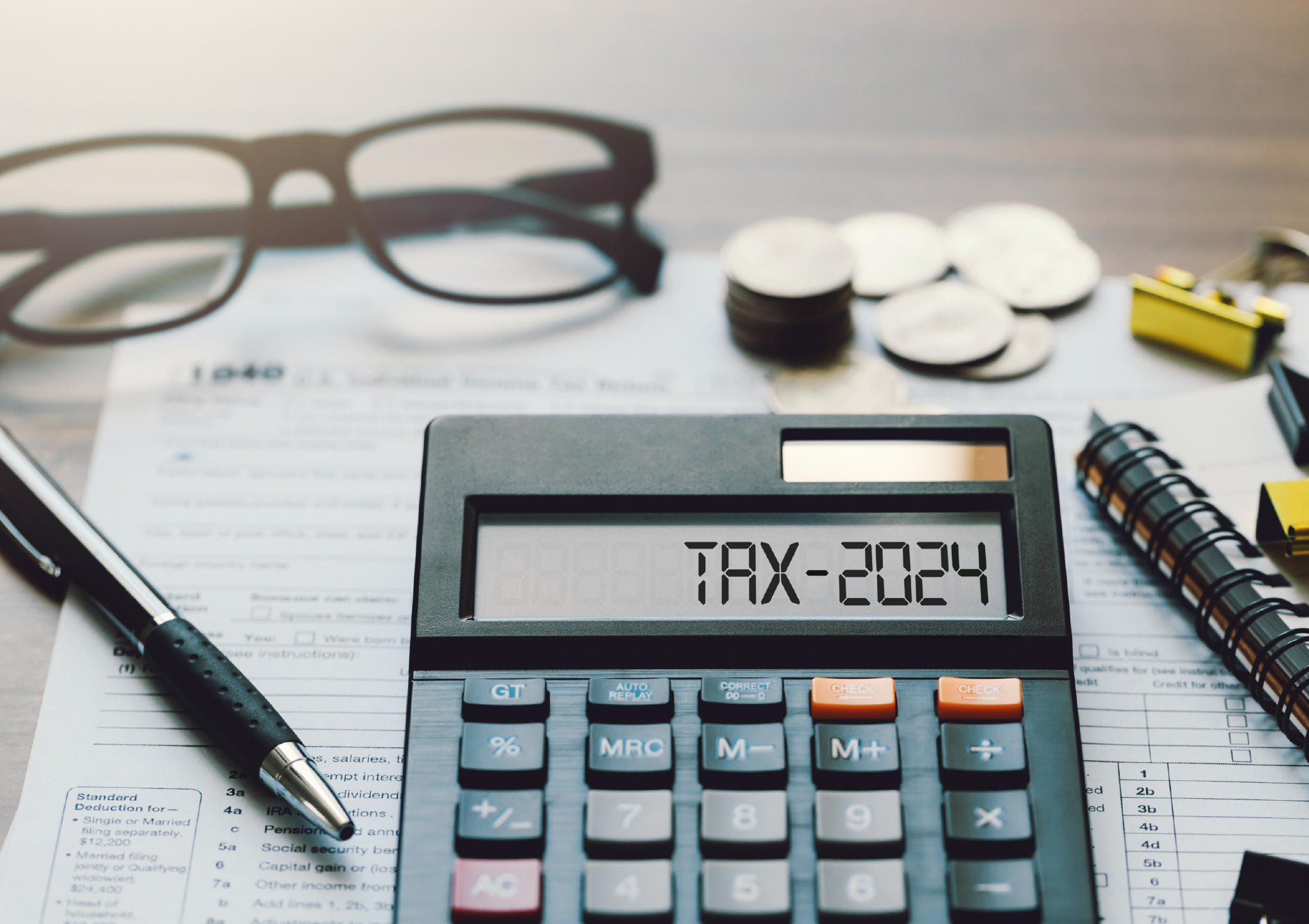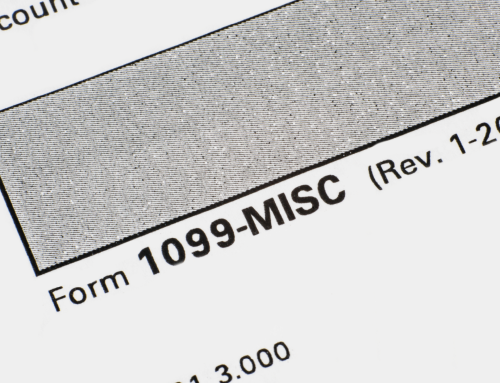What Are Unrealized Capital Gains?
Unrealized capital gains refer to the increase in value of an asset that an individual or entity holds, such as stocks, real estate, or other investments, which has not yet been sold or “realized.” Under current U.S. tax law, capital gains are only taxed when the asset is sold and the gain is realized. However, the proposed policy seeks to change this by taxing the gain as it accrues, even if the asset is not sold.
Key Points of the Proposal
According to recent articles from SmartAsset, the Cato Institute, and Yahoo Finance, the proposal to tax unrealized capital gains has several key components and potential implications:
- Broadening the Tax Base: The proposal aims to broaden the tax base by taxing wealth that is currently untaxed until the asset is sold. Proponents argue that this could generate significant revenue and reduce wealth inequality by targeting the ultra-wealthy, who often hold large amounts of appreciated assets without selling them.
- Impact on Liquidity: One major concern is the impact on liquidity for taxpayers. Since taxpayers would need to pay taxes on gains they haven’t realized, they might face liquidity issues if they don’t have cash on hand to cover the tax bill. This could force some investors to sell assets earlier than planned or take on debt to meet their tax obligations.
- Valuation Challenges: Accurately valuing assets on an annual basis can be complex, especially for non-liquid assets like real estate, art, or privately held businesses. The proposal would require a reliable method for valuing these assets regularly, which could increase compliance costs and administrative burdens.
- Potential Economic Impact: The Cato Institute notes that taxing unrealized gains could discourage investment and savings, potentially slowing economic growth. If investors are taxed on paper gains, they may be less likely to invest in volatile assets, such as stocks, which could have broader implications for capital markets and economic activity.
- Effects on Retirement Accounts and Pensions: Many retirement accounts and pension funds invest in assets that accrue unrealized gains over time. Taxing these gains could affect the growth of these funds, ultimately impacting retirees and beneficiaries who rely on these investments for income.
How Could This Affect the Average Taxpayer?
While this proposal is primarily aimed at wealthy individuals who have substantial investments, it’s essential to understand that it could also affect average taxpayers in several ways:
- Tax Bills on Paper Gains: Under the proposed tax, you could be required to pay taxes on gains that are still on paper. For example, if you have investments in a brokerage account that have increased in value, you might owe taxes on those gains even if you haven’t sold the investments. This could create a significant tax liability, especially for those who may not have cash available to pay these taxes.
- Impact on Retirement Savings: Many people save for retirement through accounts like 401(k)s or IRAs, which often invest in assets that can appreciate over time. While retirement accounts typically have different tax rules, changes in how gains are taxed could indirectly affect the growth of these savings. If the market is less attractive to investors due to higher taxes, it could affect the returns on retirement investments.
- Higher Compliance Costs: Accurately valuing assets every year could become a requirement under this proposal, even for individuals. This means you might need to hire a tax professional to help calculate the value of your investments and determine your tax liability, increasing your overall tax preparation costs.
- Effects on Homeownership and Real Estate Investments: For those who own real estate, including their primary home, taxing unrealized gains could be particularly concerning. If home values increase, you might owe taxes on the appreciation even if you’re not selling your home. This could make it more challenging for homeowners to budget and plan, especially if they live in areas with rapidly rising property values.
- Potential Impact on Investment Behavior: If you’re an average investor saving for college, retirement, or other financial goals, the prospect of paying taxes on unrealized gains might make investing seem riskier or less appealing. This could lead some people to pull back on investing, preferring to keep their money in savings accounts or other low-risk options, which could affect long-term wealth accumulation.
Arguments For and Against the Proposal
The proposal to tax unrealized capital gains has both supporters and detractors, each with compelling arguments:
- Supporters argue that this tax is necessary to address income inequality and ensure that the wealthiest individuals pay their fair share. By targeting unrealized gains, the proposal could close loopholes that allow wealthy individuals to avoid taxes by simply holding onto their assets.
- Opponents, including many financial experts and economists, contend that this tax would be difficult to implement fairly and could have unintended economic consequences. They argue that it could create liquidity issues for taxpayers, discourage investment, and lead to market distortions as investors alter their behavior to avoid the tax.
What Should Investors Do Now?
Given the potential changes and the uncertainty around the proposal’s implementation, investors should consider the following steps:
- Stay Informed: Keep up with the latest news and analysis on tax policy changes. Understanding the potential implications can help you make informed decisions about your investments and financial planning.
- Evaluate Your Portfolio: Consider the types of assets you hold and how a tax on unrealized gains might impact your portfolio. Diversifying your investments and working with a financial advisor can help you navigate any changes in tax policy.
- Consult with a Tax Professional: If you’re concerned about the potential impact of this proposal on your tax situation, consulting with a tax professional can provide clarity and help you develop strategies to mitigate any negative effects.
The proposal to tax unrealized capital gains represents a significant shift in how investment gains could be taxed in the future. While it aims to address issues of tax equity and revenue generation, it also raises important questions about implementation, economic impact, and fairness. As this proposal continues to be debated, it’s crucial for investors and taxpayers to stay informed and prepared for potential changes.
If you have any questions about how these potential tax changes could affect you, feel free to reach out to our team. We’re here to help you navigate the complexities of tax planning and ensure your financial future is secure.







